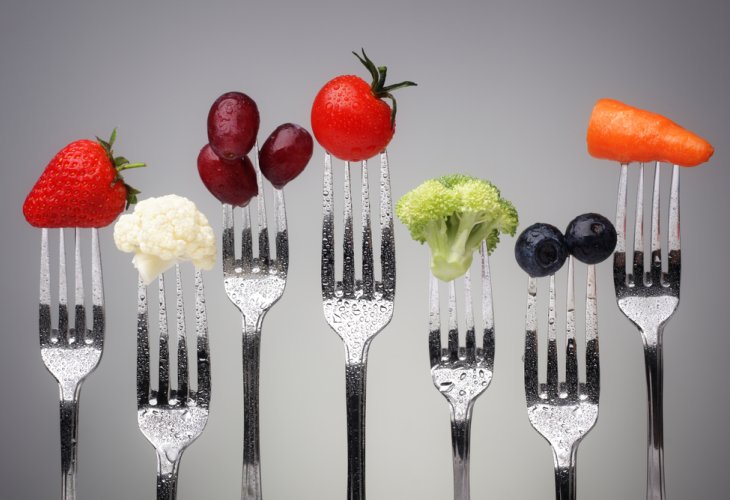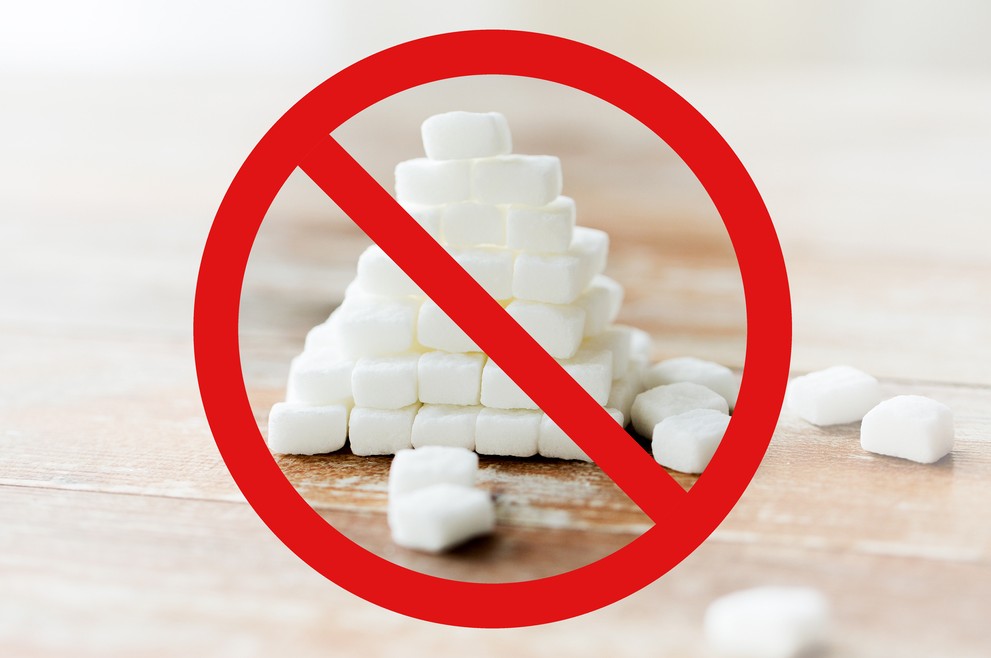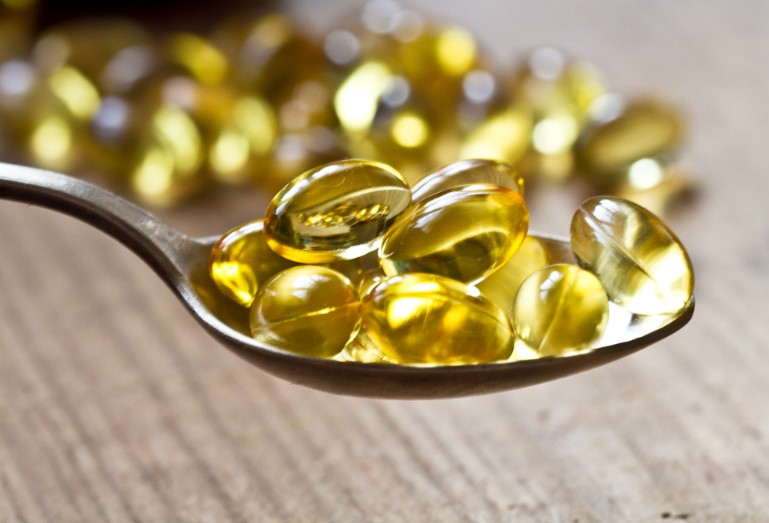Products Masquerading as Healthy Food: How Food Manufacturers Mislead You
Food manufacturers are capitalizing on the growing public awareness of healthy diets by masking their products with a veneer of health. As Purim approaches, we're unmasking these products to reveal the truth behind labels like 'low-fat' or 'with added omega-3'.
 (Photo: shutterstock)
(Photo: shutterstock)You might dress up only on Purim, but the food products you see on supermarket shelves put on a disguise all year round. In an era where awareness of healthy eating has significantly increased, food manufacturers try to ride this trend. Instead of producing genuinely healthy products, most prefer to word their packaging so you'll think it's healthy food. Here's a list of the most common misleadings trying to convince you, without foundation, that it's a product with unique health benefits.
1. 'Made from all-natural ingredients'. Wait a moment, and read the full list of ingredients. Yes, it's entirely natural, but that doesn't prevent it from mainly containing sugar, oil, and white flour. 'Completely natural' isn't necessarily healthy: after all, even arsenic is entirely natural.
2. 'Low-fat'. If the label tries to convince you the product is low in fat or 'reduced-fat', it's likely rich in something else: sugar. The low-fat trend began a few decades ago when doctors predominantly blamed excessive fat consumption for heart diseases. Now doctors aren't so sure fat is the culprit, but they're sure nothing good came out of the massive amounts of sugar added to low-fat cookies just for flavor.
3. 'No added sugar'. Such products fall into two categories: those with no added sugar because they're naturally sweetened, like natural apple concentrate which contains plenty of natural sugar from the apples, and products with artificial sweeteners. Most of these sweeteners have been found to be harmful to health. Even if you're not worried about the long term, be aware that consuming these sweeteners excessively ('it's not sugar!') can lead to diarrhea.
 (Photo: shutterstock)
(Photo: shutterstock)4. 'Gluten-free'. Gluten-free products are essential for those with gluten sensitivity. For the rest of the population, however, it's not proven that a gluten-free product is healthier than a similar product with gluten. Often, the opposite is true, since the product with gluten contains more dietary fiber. So why has this label appeared everywhere? Because it's trendy, that's all.
5. 'Contains real fruit'. Many products (yogurts, for instance) boast of containing 'real fruit' or 'real fruit puree'. But don’t expect to find the large, colorful fruits depicted on the packaging inside the product: a product with such a label might contain a minimal amount of fruit, certainly not enough to count as a 'fruit meal'. Want to know how small the quantity is compared to the entire product? Some generous companies will write down the percentage exactly, but if that information isn’t on the package, just check the ingredient list. The farther the fruit is from the head of the list, the less its amount in the product.
6. 'With added omega-3'. There are three types of omega-3 fatty acids: EPA, DHA, and ALA. Not all three are equally beneficial: only the first two have been proven essential for heart and brain health. If you want to consume these acids, your best bet is to eat fish.
What does it mean when a product that contains no fish oil claims to have omega-3? It contains the third type, ALA, which isn’t particularly beneficial. Usually, the company achieves this effect by scattering a few flaxseeds in the product. So yes, there’s omega-3 here, but not the omega-3 you need.
 (Photo: shutterstock)
(Photo: shutterstock)7. 'Diet' or 'Low-calorie'. Diet versions of products contain a plethora of artificial sweeteners, like sucralose, aspartame, and more. Not only are these sweeteners harmful on their own, but the 'diet' label doesn’t promise, for instance, that the drink has removed other hazardous elements, such as phosphoric acid. This acid is found in carbonated drinks and is known to erode teeth and bones.
8. 'Organic'. A product made from organic ingredients is indeed recommended—as long as you know the source of those ingredients. A growing number of processed and organic food supplements in the international market use raw materials coming from China, and Chinese organic crops almost always grow in fields suffering from severe metal pollution and thus contain enormous amounts of mercury or lead. Such a product might be organic, but it's also quite toxic.
9. Sugar in disguise. While this isn't technically a label issue, it's a common deceit hidden in the list of ingredients. Sugar has about sixty names! If a manufacturer wants to mislead consumers, all he needs to do is use a sugar synonym: glucose, fructose, maltodextrin, or dextrose, for instance. If he wants to sound entirely natural, he might write: 'maple', 'demerara sugar', or 'corn syrup'. Sorry to inform you: all these are sugars, and they might add flavor to the product but certainly don't add health to you.
10. Kosher. Yes, indeed. This is an issue not so common in Israel but very common worldwide, hence it's included on this list. You wouldn't believe how many non-Jewish people buy only kosher food, believing it's healthier! The kosher industry certainly benefits from this, but it must repeatedly clarify: no, 'kosher' does not mean 'organic', 'kosher' does not mean 'non-genetically modified', and 'kosher', overall, isn’t a guarantee of the product’s nutritional value...and that’s worth remembering, too.

